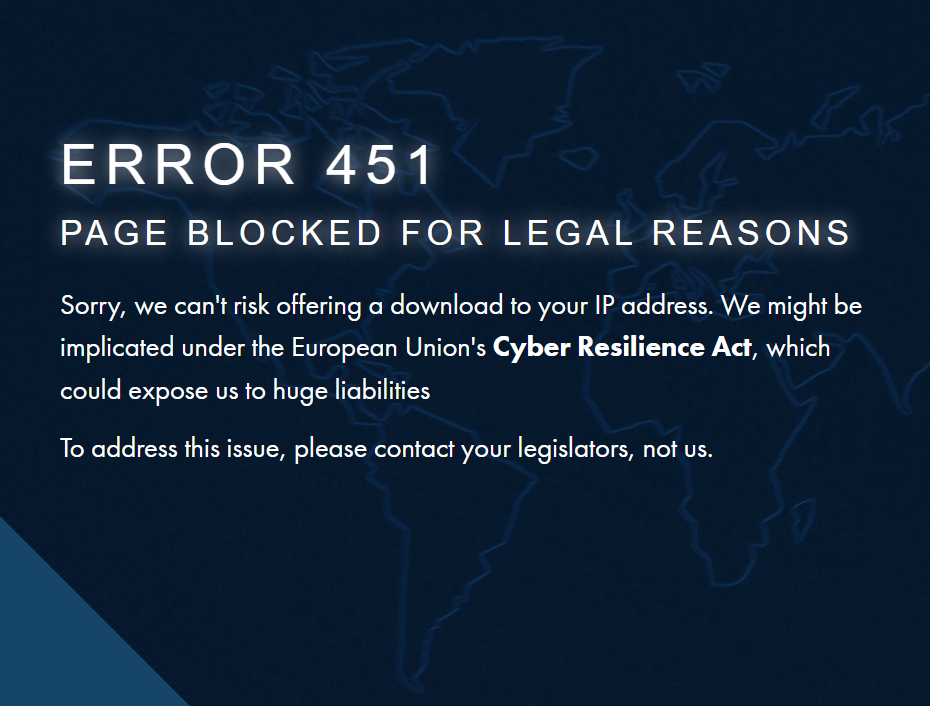As the European Cyber Resilience Act (CRA) is entering into the final legislative phase, it still has some needs arising from framing by the Commission or Parliament that result in breakage no matter how issues within its scope are “fixed”. Here’s a short list to help the co-legislators understand the engagement from the Open Source …
Czytaj dalej „Diverse Open Source uses highlight need for precision in Cyber Resilience Act”











